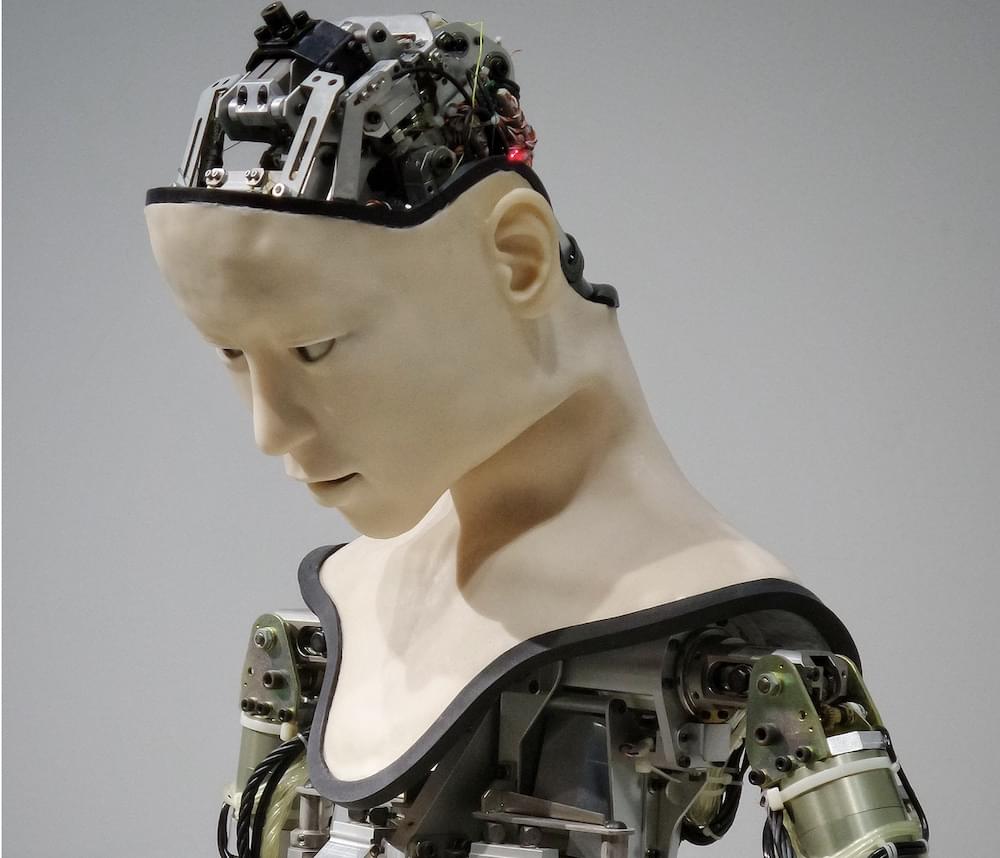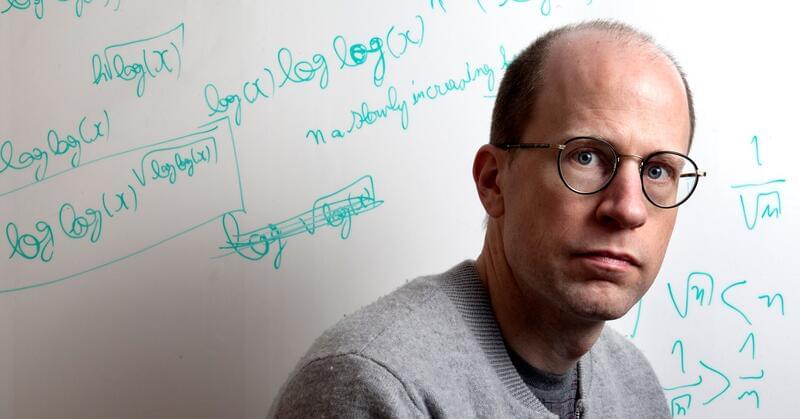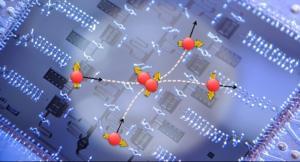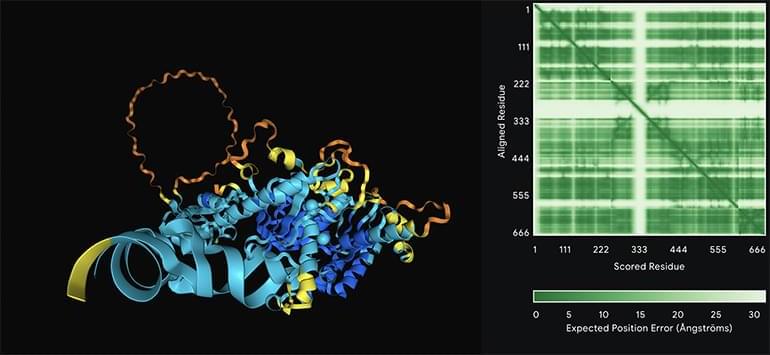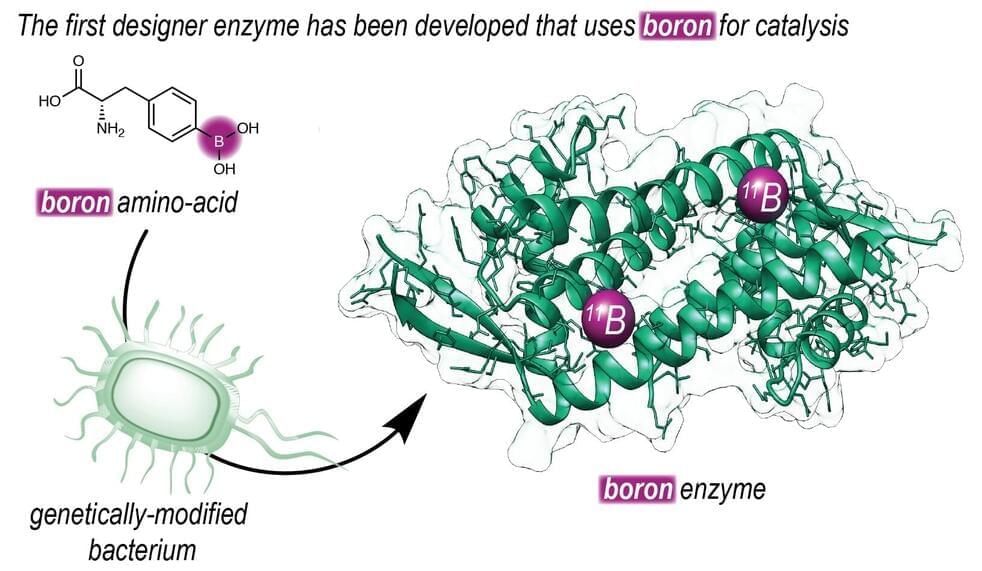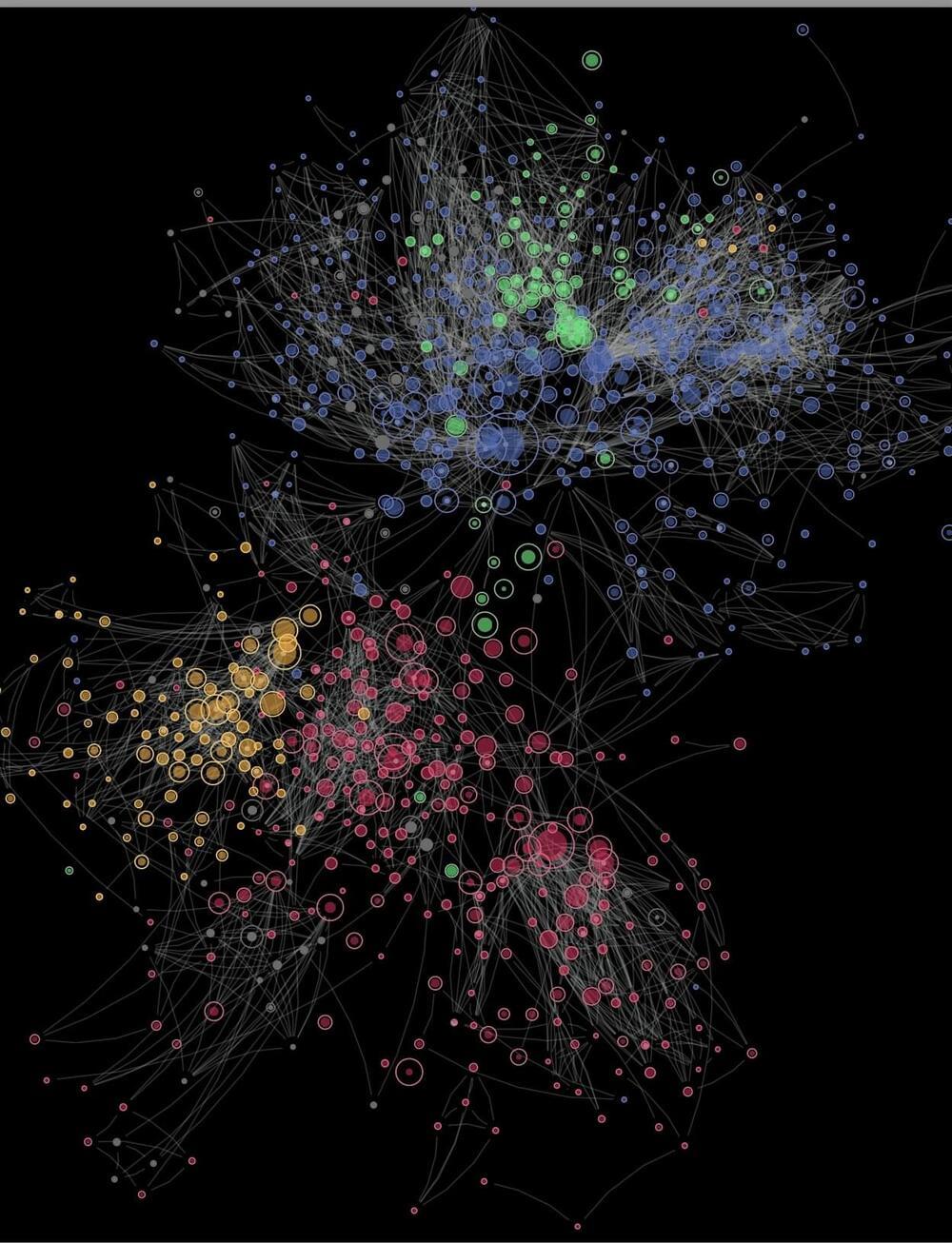
A new book by Nick Bostrom is a major publishing and cultural event. His 2014 book, Superintelligence, helped to wake the world up to the impact of the first Big Bang in AI, the arrival of deep learning. Since then we have had a second Big Bang in AI, with the introduction of transformer systems like GPT-4. Bostrom’s previous book focused on the downside potential of advanced AI. His new one explores the upside.
Deep Utopia is an easier read than its predecessor, although its author cannot resist using some of the phraseology of professional philosophers, so readers may have to look up words like “modulo” and “simpliciter.” Despite its density and its sometimes grim conclusions, Superintelligence had a sprinkling of playful self-ridicule and snark. There is much more of this in the current offering.
The structure of Deep Utopia is deeply odd. The book’s core is a series of lectures by an older version of the author, which are interrupted a couple of times by conflicting bookings of the auditorium, and once by a fire alarm. The lectures are attended and commented on by three students, Kelvin, Tessius and Firafax. At one point they break the theatrical fourth wall by discussing whether they are fictional characters in a book, a device reminiscent of the 1991 novel Sophie’s World.
